Your palms get sweaty, you feel that lump in your throat, you know you need to say something, but it just never feels like the right time. You don’t know where to start, but you know if you could just get that first word out it would all be better, but you just can’t. So, you hold it in, and you hold it in and then you hold it in a little bit more, until you can’t. And then you lose your shit and explode like no other. Maybe at that individual, or at someone totally uninvolved like the lady at Kroger who isn’t scanning your groceries fast enough.
We’ve all been there, and it sucks. I want to take some time and share some steps you can take to better prepare for these difficult conversations (so you don’t explode on innocent bystanders). Now, this doesn’t mean that life will now be a breeze, and you’ll have a PHD in difficult conversations. I mean I don’t think you’ll be knocking on your neighbor’s door asking, “do you have anything really hard and worrisome to say to your boss or your partner today? If so, I’ll do it for you! I thoroughly enjoy having difficult conversations!” But I do think you will be able to prepare and approach these conversations from a different angle and in the end receive better results.
Before the conversation:
Define your needs (be direct and specific)
I know a lot of people like to skirt around the issue and take the scenic route to the point of conversation. But honestly that just makes it confusing (for all) and adds more pieces to the puzzle that don’t need to be there. Just ask yourself, “what am I wanting out of this conversation” and see what comes up for you (writing these things down often helps). When you take the time to do this it is easier to understand your true emotions about the subject and easier to separate them from the behavior you may want someone to change.
Start of the conversation:
Describe your emotions
Be cautious of how you start out the conversation. You want to create a calming, compassionate setting so the recipient doesn’t have to automatically put their defenses up. Try not to use all of nothing statements (you always do this, you always do that) or make assumptions (I bet you think I’m crazy…). I suggest using an I statement to start the conversation out. For example: don’t say “you always make me feel so sad”, maybe say “I feel sad. Can I talk to you about something? It’s been on my mind for a long time and I want to open up.”
Describe the situation
After your emotion-based starter statement and the environment has been set for your difficult topic, take a deep breath and go. Remember to be clear and concise.
How To
“I was worried and angry when you came home at 2am on a Tuesday night drunk.”
How Not To
“You are always coming home so late on weeknights, and you’ve clearly had over your limit to drink, you sure know how to push my buttons!”
Then, stop and take another deep breath and allow the other person to digest the information and respond accordingly. If this is the first time you are trying this out (and usually respond like the how not to example), the person on the receiving end might need some extra digestion time to adjust their expectations for the rest of the conversation. So try your best to be patient.
Open the conversation up for discussion and compromise
Now there is no guarantee about how this will go, and there are a couple different routes.
1) Maybe the other persons defenses are already so high, and they just aren't ready for that conversation and shut it down immediately.
2) Maybe the other person just isn’t ready for that conversation right now, so you set a time to revisit this topic after having some time to think it over.
3) Maybe a productive conversation is able to be had and a compromise or solution about how to move forward can be made.
Honestly, none of these responses are good or bad, or right or wrong, but they will give you a good idea of how steady of a ground your standing on in regards to that topic. Remember that this is not a one and done thing but is something that is ever evolving and may take more time with others than it does for you.
Shannon Gonter, Professional Counselor in Louisville, KY
Written by: Shannon Gonter, LPCC, NCC
I specialize in working with men and young adults. I am passionate about my career and want to work with you to create positive change. I also strive to create a counseling environment where men and young adults can relate, feel heard, and find new solutions to their negative patterns. Some issues that I most commonly work with are stress, relationship issues, difficulty saying “no” to others, difficulties recognizing emotions and emotionally connecting to others, anger, and intimacy issues, among others.
The information and resources contained on this website are for informational purposes only and are not intended to assess, diagnose, or treat any medical and/or mental health disease or condition. The use of this website does not imply nor establish any type of therapist-client relationship. Furthermore, the information obtained from this site should not be considered a substitute for a thorough medical and/or mental health evaluation by an appropriately credentialed and licensed professional.





